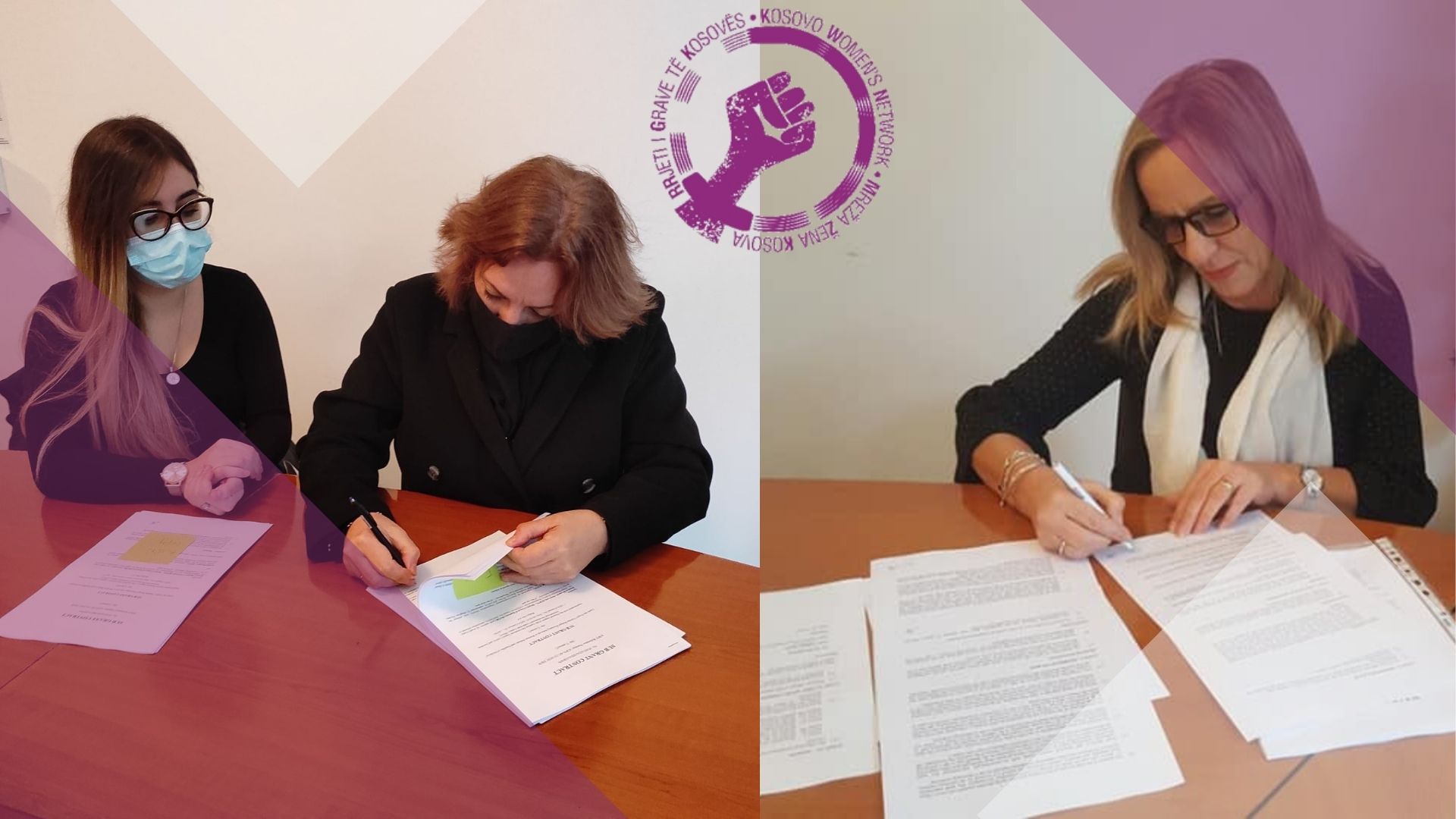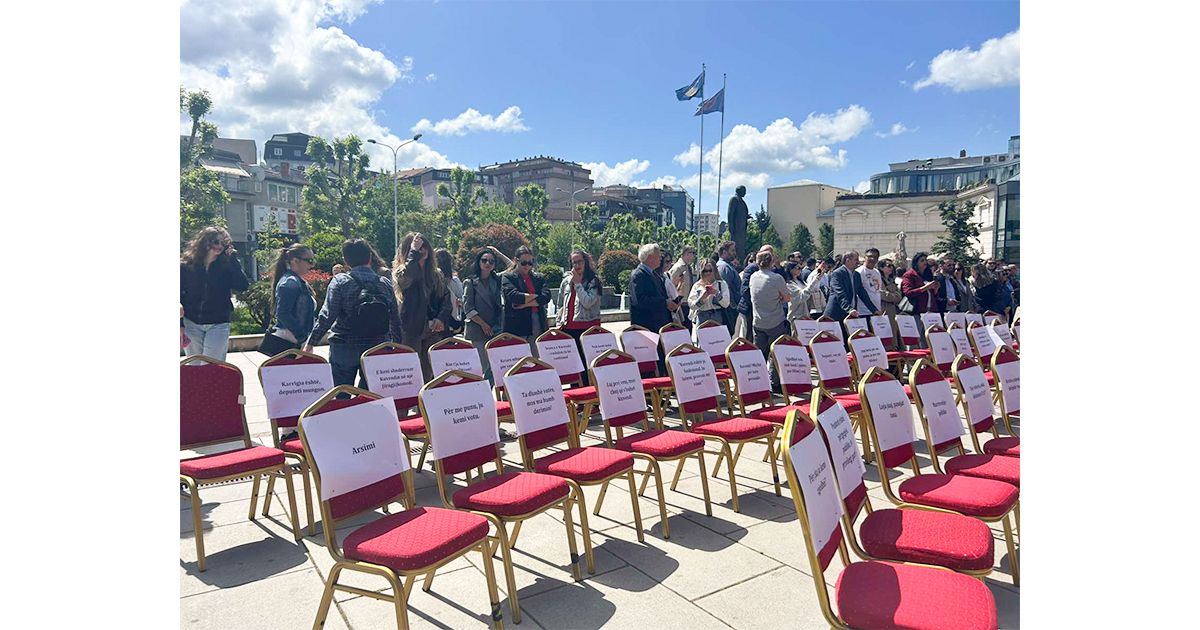Kosovo Women’s Network (KWN) has a long history advocating for Gender Responsive Budgeting (GRB) to be included in all budgeting processes by public institutions in Kosovo, as stipulated by the Law on Gender Equality (LGE).
Continuing this effort, KWN Member organizations and other CSOs who expressed interest attended a training on GRB. After successful completion of this training, they were eligible to apply for grants to implement their GRB ideas within their municipalities. They submitted their concepts for these grants to the regional initiative Gender Budget Watchdog Network (GBWN), a network operating in Western Balkans (WB) and the Republic of Moldova.
KWN, as partner organization of this network, supported the following six organisations, among them a few member organisations; Kosovo Woman Initiative, Udruženje Poslovnih Žena (WBA), EcoKos Women, Organization for Local Reform (EULOC), Mitrovica Women Association for Human Rights (MWAHR), as well as Youth Association for Human Rights (YAHR) to implement an initiative of their own choice related to GRB.
Below is a summary of the initiatives that are expected to continue for 18 months, starting from January 2021:
Kosovo Woman Initiative will implement the activity titled “Gender budgeting towards gender balanced economic development”. This initiative aims to raise the level of awareness of municipal officials in implementing of gender responsive budgeting in the Municipality of Gjakova, through advocacy tools such as proper reporting on findings informing advocacy, as well as advocacy meetings with directorates giving subsidies/grants in their municipality.
WBA with their initiative “Empowering women through local policy analysis and participation in gender budgeting in northern Kosovo”. This project aims to empower and raise capacities of women from formal and informal groups in Northern Mitrovica through a series of practical activities, and it targets women members of formal and informal women’s groups in four municipalities in northern Kosovo.
EcoKos Women has won the grant with the initiative “Menstrual hygiene management, clean life for women and girls”. They aim to influence the menstrual hygiene management (MHM) of women and girls, given that menstruation and associated activities are surrounded by silence, shame and social taboos, further manifested in social practices that restrict movement, freedom and access to everyday activities. That will be achieved through advocacy and raising awareness about MHM, as well as reducing the monthly expenditures of the gender budget. This mitigation will happen through the reduction of the value-added tax -VAT on sanitary pads, a step which will reduce their price in the market.
EULOC will implement the activity “Monitoring and mentoring the gender responsive implementation of local policies in the Municipality of Viti”. Through this, EULOC intends to identify gender perspective practices and gender budgeting practices in decision-making institutions at the municipality of Viti. Through direct advocacy interventions they aim to promote the use of best practices of gender mainstreaming in the budget planning process and throughout the gender budgeting cycle.
YAHR has won with their idea on “Monitoring and analysis in the creation of local policies from a gender perspective”. Through this, YAHR intends to influence budget processes, planning, and policies in the municipality of Lipjan to better reflect the needs of women and men from the community. By the end they hope to create a Memorandum of Understanding between YAHR and Municipality of Lipjan for gender equality, an increase of women in policy making and decision-making processes, and a research and analytical report using GRB tools..
MWAHR with their initiative “Gender perspective for sustainable economic planning” aims to include a gender lens in all the budgeting processes, making government budgeting, programming and planning more responsible from a gender perspective in Mitrovica. They hope to achieve this through monitoring efforts, meetings with municipal officials to discuss findings, as well as using media tools for advocacy, like TV Debates.
These KWN member organizations have been previously trained on GRB and their initiatives are financed by the Austrian Development Agency (ADA) and Swedish International Development Cooperation (Sida) , through GBWN.



